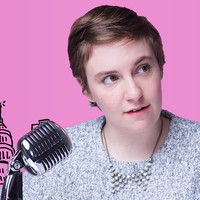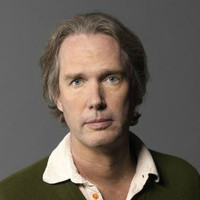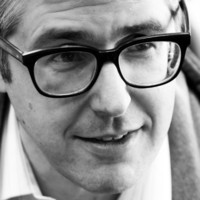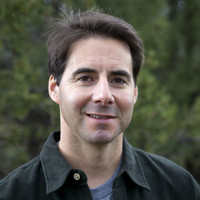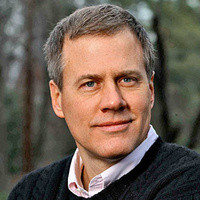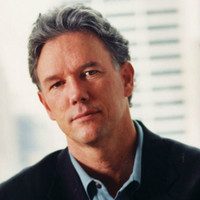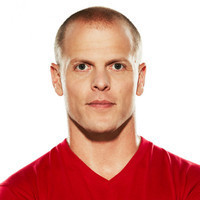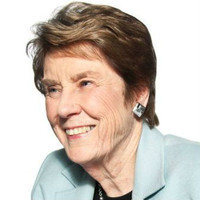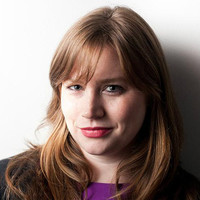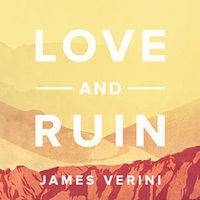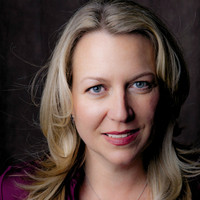Lena Dunham, the creator and star of HBO's Girls, is the co-founder of Lenny and the author of Not That Kind of Girl. A special episode hosted by Longform Podcast editor Jenna Weiss-Berman.
“Writing across mediums can be a really healthy way to utilize your energy and stay productive while not feeling entrapped. But at the end of the day, the time when I feel like life is most just, like, flying by and I don't even know what's happening to me is when I'm writing prose. It's such an intimate relationship that you're having. When you're writing a script, you're making a blueprint for something that doesn't exist yet. But when you're writing prose, the thing exists immediately. And that's really satisfying. It's the best place to go for my deepest and most in-the-now concerns.”
Thanks to MailChimp, Prudential, Casper, and The Great Courses for sponsoring this week's episode.
